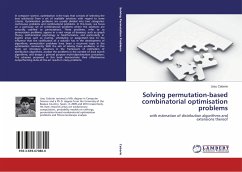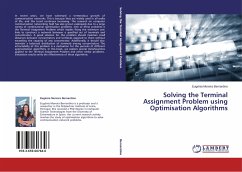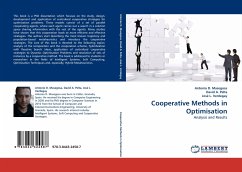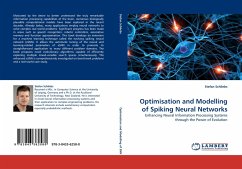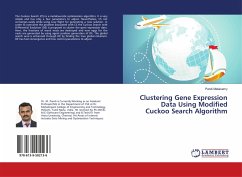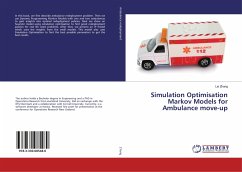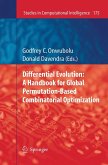In computer science, optimisation is the topic that consists of selecting the best solution(s) from a set of available solutions with regard to some criteria. Optimisation problems are usually divided into two categories: continuous problems and combinatorial problems. In this book, we focus on a particular set of combinatorial problems where the solutions are naturally codified as permutations. These problems, refer to as permutation problems, appear in a vast range of domains, such as graph theory, mathematical psychology or bioinformatics, and particularly, in logistic areas such as routing, scheduling or assignment. Due to the influence that the codification of a solution has in the development of algorithms, permutation problems have been a recurrent topic in the optimisation community. With the aim of solving these problems, in this book we introduce advances in the framework of estimation of distribution algorithms, analyse the problems in the context of local search algorithms, and design a general purpose multi-objectivization procedure. The schemes proposed in this book demonstrate their effectiveness outperforming state-of-the-art results in many problems.
Bitte wählen Sie Ihr Anliegen aus.
Rechnungen
Retourenschein anfordern
Bestellstatus
Storno

